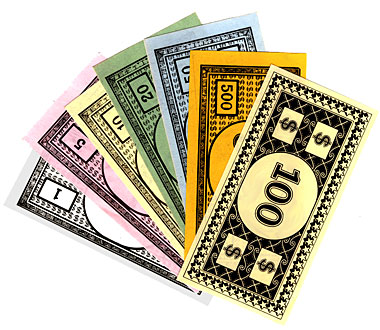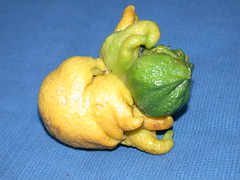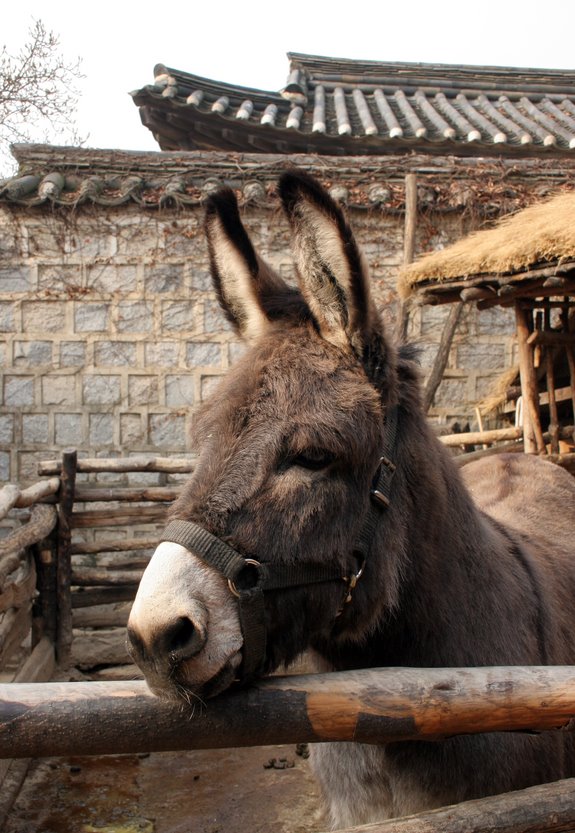 One of my recent commenters brought up the spectre of tainted research dollars:
One of my recent commenters brought up the spectre of tainted research dollars:
"Doctors have been critical of [Edith London's] research and the fact that she accepts money from Philip-Morris."
Does this matter?
As an introduction, I'm a research scientist. I've pointed that out on numerous times in my blog. I'm a post-doc, and I'm currently looking for a permanent position. I'm keeping my options open, looking at academic, industry and private research institutions when I'm looking for positions. Indeed, I'm looking for jobs on two different continents. As such, I'm looking at taking money to do research from numerous different sources.
In my 11 year science career thus far I have been funded by the
National Institutes of Health, the
United States Army Breast Cancer Research Program, a small foundation that shall remain nameless as it identifies my nationality (I have to have some privacy, right?) and my current benefactor, the
Howard Hughes Medical Institute (HHMI).
Does it matter who pays me? Am I beholden to the people who have given me money? Am I more likely to speak kindly about the American Army because they paid me? Am I less likely to say that Howard Hughes was an obsessive-compulsive because of the money that HHMI is putting into my retirement account?
My views on these questions have changed over time. Before I understood how science was done, I would have said that of course the source of money taints the scientist. Now I have a less simplistic view.
Modern science requires vast amounts of money. Someone has to pay for that work. In the U.S., the vast majority of biological research is paid for by companies. The second largest funder is the National Institutes of Health (paid for by American taxpayers). At the end of the day, money taints *all* research. How do you get around that?
The answer is reasonably simple. Firstly, most (all?) journals these days require a statement about funding and conflict of interest. When you publish in a journal, you have to state whether the work you are doing in any way will reflect on investments that you have or products that you own the rights to. You also have to put a statement acknowledging the source of your funding. This gives the readers of the article the opportunity to scrutinize your results with that in mind. Failure to disclose this kind of information is a huge no-no in scientific circles. Indeed, it can end careers to be withhold financial conflicts.
Secondly, science does not proceed based on assertions. It proceeds based on data. If a scientist publishes fraudulent data because they received money from a company (or because they wanted to impress someone), that is a career ender. Frauds get caught. If no one can replicate your results, you will get caught. And in the end, this is the most important part of science. We replicate each others results. We build on previous work. And in this process, frauds get caught. In the short run, they may get away with it. In the long run, they will get caught, and they will get fired.
In the end, our erstwhile commenter
asks:
"Have your ever or would you ever take money from big tobacco to fund your research?"
Have I? No. I haven't ever worked on anything that they would be interested in funding. Would I? Yes. If I had a problem I was working on that they were interested in funding, I would take their money. I would disclose my funding source. And it wouldn't change my data.
 Today's Friday beautiful science is a shot of a fruitfly (Drosophila melanogaster) larva trapped in a water droplet. From the Nature website:
Today's Friday beautiful science is a shot of a fruitfly (Drosophila melanogaster) larva trapped in a water droplet. From the Nature website: 
































